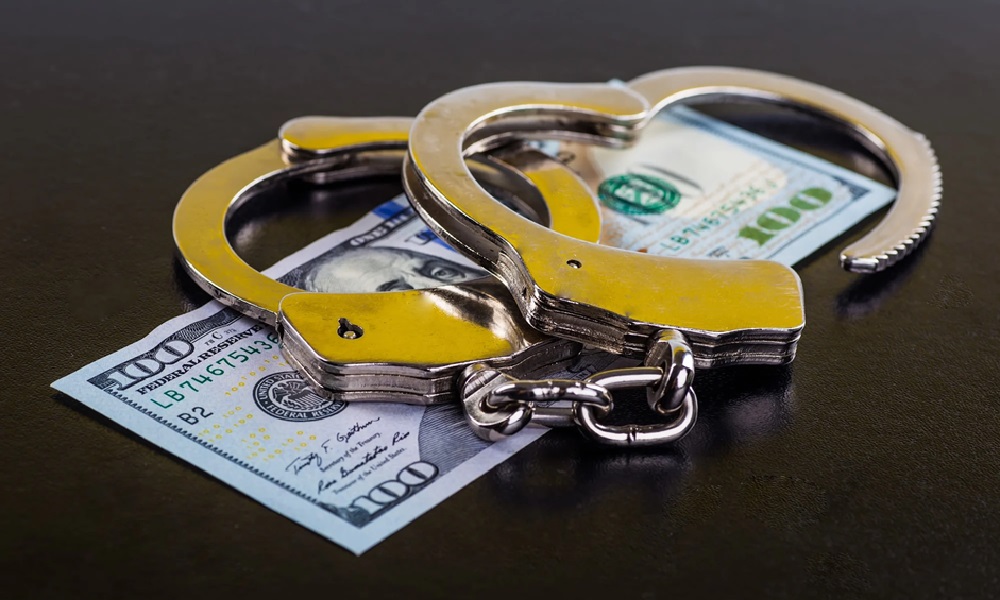
The bail process is an essential part of the criminal justice system, allowing individuals charged with a crime to secure their release from custody while awaiting trial. However, navigating this process can be complex and daunting, especially for those unfamiliar with legal terminology and procedures. Understanding when and why you might need a bail bondsman can help alleviate some of the stress associated with this experience.
Understanding Bail and Its Purpose
Bail serves as a financial assurance that a defendant will appear in court for their scheduled hearings. When an individual is arrested, a judge determines the bail amount based on several factors, including the severity of the crime, the defendant’s criminal history, and their ties to the community. The purpose of bail is to balance the presumption of innocence with the necessity of ensuring that the accused returns to court.
Bail can take various forms, including cash, property, or a bail bond. If a defendant cannot afford the full bail amount, a bail bondsman can provide a solution. A bail bondsman is a licensed professional who offers a surety bond to the court in exchange for a fee, usually a percentage of the total bail amount.
When You Might Need a Bail Bondsman
1. Inability to Pay Cash Bail
One of the primary reasons individuals seek the services of a bail bondsman is the inability to pay the full cash bail amount. For instance, if a judge sets bail at $10,000 and the defendant cannot afford it, a bail bondsman can post the bond for a fee, typically around 10% of the bail amount. This fee is non-refundable, but it allows the defendant to secure their release.
2. Urgency of Release
In certain situations, time is of the essence. Defendants may want to avoid spending extended periods in jail, particularly if they have jobs, family responsibilities, or other commitments. A bail bondsman can expedite the release process, often securing a bond within hours of being contacted. This efficiency can make a significant difference in a defendant’s life, allowing them to return to their daily routines while awaiting trial.
3. Complexity of Legal Proceedings
Navigating the legal system can be challenging, especially for those unfamiliar with court processes. A bail bondsman typically possesses a wealth of knowledge about local laws and procedures. They can guide defendants and their families through the bail process, explaining the steps involved and addressing any concerns. This expertise can provide reassurance during an otherwise stressful time.
The Role of a Bail Bondsman
1. Assessment of Risk
Before providing a bail bond, a bail bondsman will assess the risk associated with the defendant. This assessment includes evaluating the defendant’s criminal history, flight risk, and ties to the community. Understanding these factors helps the bail bondsman determine whether to offer a bond and at what cost.
2. Financial Responsibility
When a bail bondsman posts bail, they assume financial responsibility for the defendant’s appearance in court. If the defendant fails to appear, the bondsman may be required to pay the full bail amount to the court. To mitigate this risk, bondsmen often require collateral from the defendant or co-signers, such as property or valuable assets. This collateral serves as security, ensuring that the bondsman has a means of recovering their investment should the defendant not comply with court orders.
3. Ongoing Communication
A reputable bail bondsman maintains open lines of communication with the defendant and their family throughout the legal process. This communication is crucial, as it helps ensure that the defendant understands their obligations, including court dates and any required check-ins with the bail bondsman. By fostering this relationship, bail bondsmen can assist in minimizing the risk of missed court appearances.
Conclusion
Navigating the bail process can be overwhelming, particularly for those facing the uncertainties of the criminal justice system. Understanding when and why to engage a bail bondsman can provide significant relief during this challenging time. From assisting with financial obligations to guiding defendants through legal complexities, bail bondsmen play a vital role in the bail process.
If you or a loved one finds themselves in a situation requiring bail, consulting a qualified bail bondsman can help ensure a smoother transition from custody to freedom, allowing individuals to prepare for their upcoming court appearances with greater peace of mind.




